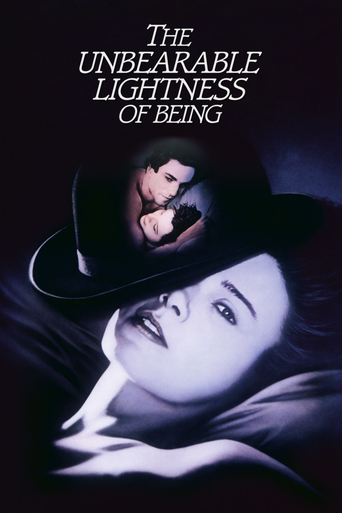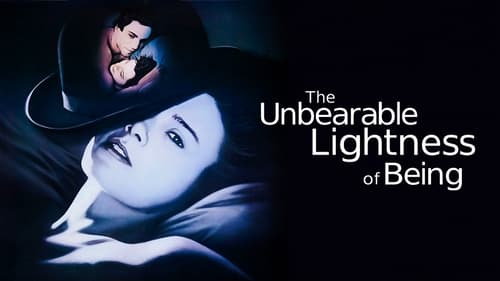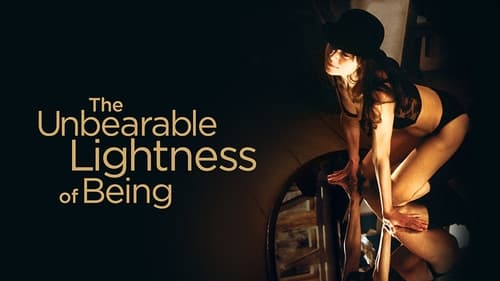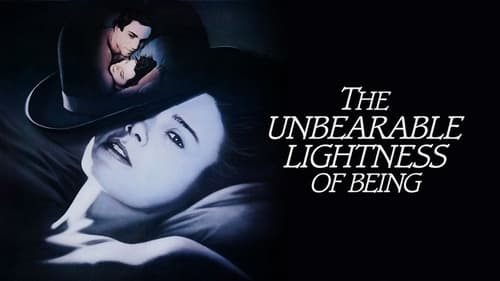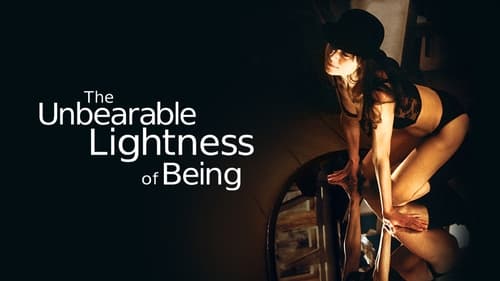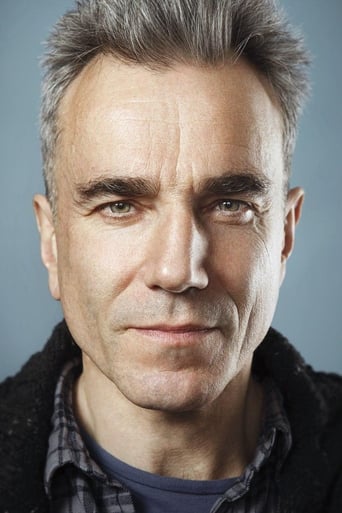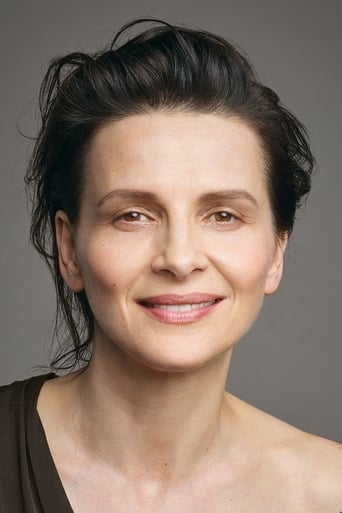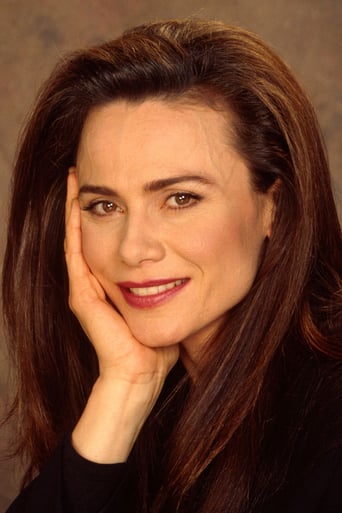Harockerce
What a beautiful movie!
Matylda Swan
It is a whirlwind of delight --- attractive actors, stunning couture, spectacular sets and outrageous parties.
Guillelmina
The film's masterful storytelling did its job. The message was clear. No need to overdo.
Billy Ollie
Through painfully honest and emotional moments, the movie becomes irresistibly relatable
craig-20741
I don't know why Kunderas didn't like the movie. Maybe because the movie was actually better than the book. No spoilers, but I'll just say that there were a few subtle yet significant changes in the film that made this movie a truly moving experience.
Bob Sporker
The best thing about the novel was that the events were more meaningful because along with each event came a piece of the author's philosophy which made not only the plot seem whole but the author's main philosophical argument materialize more and more as we read on.The movie was only a documentation of the plot and because it was a movie I guess it could only "lightly" touch upon the author's philosophy. Maybe a narrator in the background could have filled us in? I watched the movie not because I enjoyed the plot but because I enjoyed reading the author's ideas about life. They weren't as evident in the movie, but I gave a 6 because the acting and cinematography were good.
Bene Cumb
Although the screenplay is based on the great and world-famous book by Milan Kundera, it was written by others (Jean-Claude Carrière and the director Philip Kaufman) and thus lost its original touch and approach - as was pointed out by Kundera himself who withdrew from the outcome. On the other hand, fragile feelings, ponderings and internal doubts are very difficult to express on the screen - without losing the pace and uniformity of the plot. It is also pity that Prague was not / could not been used, as it is a beautiful city and gives more realism than the French places used. Depicion of the socialist/communist oppression is, however, rather perfunctory, seeming not so serious as it really was in the 1970ies within the Warsaw block when hopes of intellectuals for the so-called human-faced socialism vanished as liberal steps were diminished or repealed.The cast is, of course, brilliant, in particular the bohemian ménage à trois members: Daniel Day-Lewis as Tomas, Juliette Binoche as Tereza and Lena Olin as Sabina - all later multiple Academy Award winners and/or nominees, and from different European countries (the movie itself is still the US one). They and some other fine European actors have provided the movie a real European atmosphere, without a Hollywood studio feeling as sometimes perceived in "older" movies.Nevertheless, The Unbearable Lightness of Being is still a movie high above average, enhancing historical facts as well. But it is hard to say whether is is recommendable to read the book before or after...
Michael Neumann
Director Philip Kaufman's ambitious screen adaptation of Milan Kundera's elaborate lover's triangle is, despite its cumbersome literary title, intelligent pop entertainment: an intimate epic of sexual freedom set against a vivid backdrop of political repression in Czechoslovakia during and after Prague Spring.The complexity of the tripartite relationship between incurably promiscuous man of medicine Daniel Day-Lewis and two contrasting women (mistress Lena Olin and naïve but knowing wife Juliette Binoche) more than compensates for the occasional broad-as-a-barn-door strokes of pathos and humor (step forward, Mephisto the pet pig). Both women are natural extensions of their mutual lover's divided attitude toward the other sex, with photojournalist Binoche regarding life through the honest, unblinking eye of a camera, while the more uninhibited Olin reflects her experience through the deceptive imagery of art (using mirrors as her medium).The eroticism is fairly explicit, but Kaufman's interpretation (with old pro Jean-Claude Carrière) of what could have been a difficult literary exercise (by Hollywood movie-making standards) is both thoughtful and provocative, even if the director's commercial instincts are sometimes at odds with the highbrow material, for example during the final return-to-the-soil farm idyll. The highlight of the film is the 1968 Soviet invasion of Prague, brilliantly recreated using actual documentary footage, seamlessly integrated with dramatic inserts into one of the more exciting passages seen on the big screen in quite a while.
